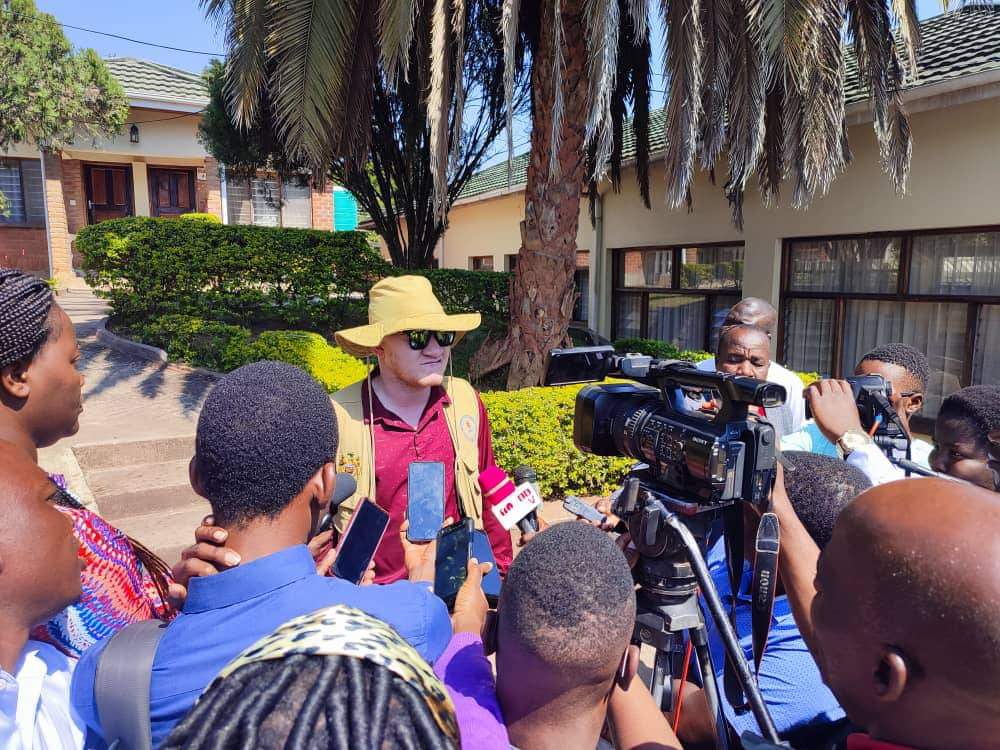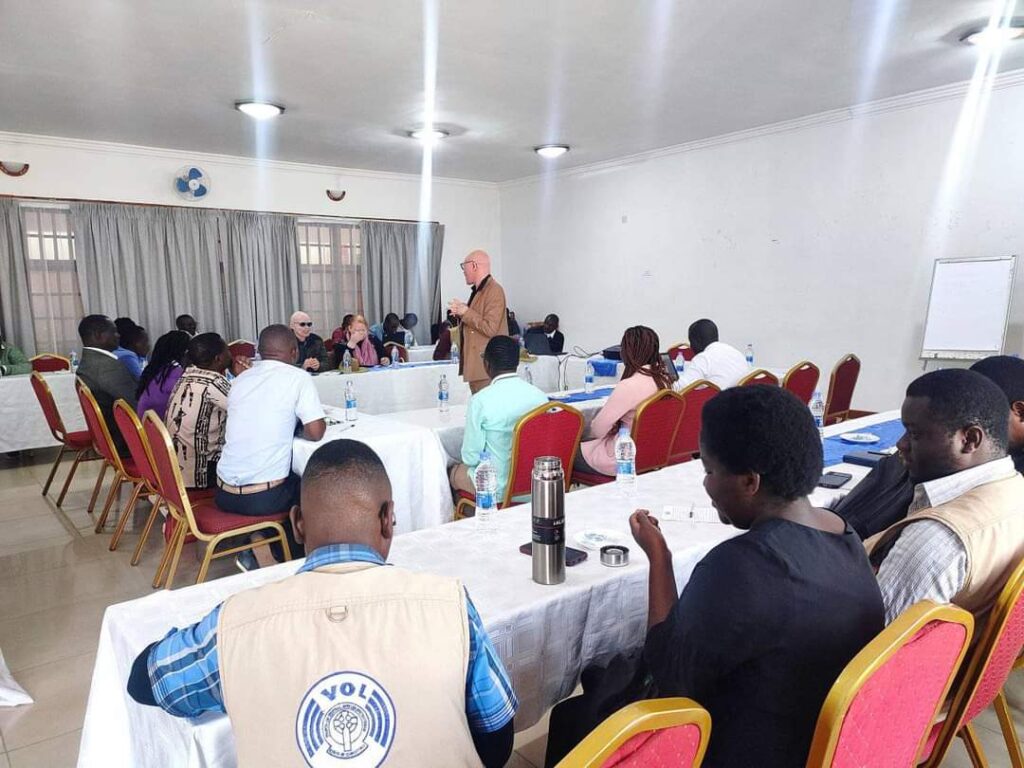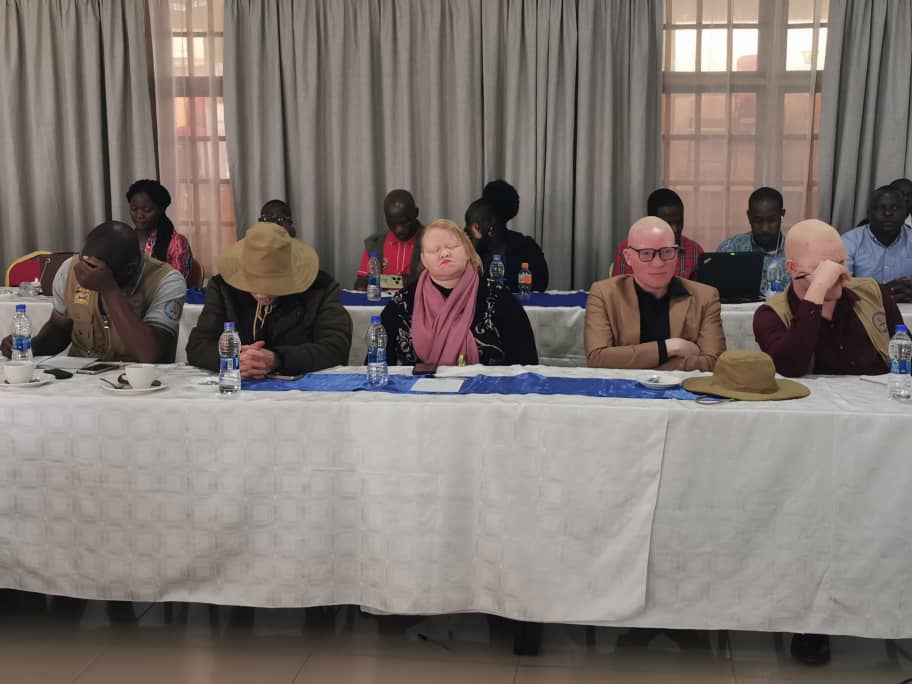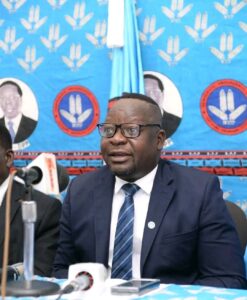APAM Calls for Inquiry Report on Abductions of Albino Babies in Malawi

The Association of People with Albinism (APAM) has raised serious concerns over the delay in issuing a report regarding the abduction of two albino babies—one in Karonga in 2019 and the other in Chikwawa in 2020.
These heart-wrenching incidents highlight the ongoing threats faced by people with albinism in Malawi.
In Karonga, the abduction occurred around 4:00 a.m., targeting one-and-a-half-year-old Eunice Nkhonjera while she slept. Tragically, another child was abducted a year later. Despite the passage of time, the police have yet to release a comprehensive report on their findings related to these missing toddlers.
APAM President Young Muhamba expressed his frustration during a media training session in Mzuzu. The training focused on the new Disability Rights Act of 2024, aiming to dispel myths and misconceptions surrounding people with albinism.

However, the lack of transparency regarding the abduction cases remains a pressing issue.
Since 2014, the killings and abductions of persons with albinism in Malawi have escalated. Shockingly, at least 20 people with albinism have been killed during this period, while five others have been abducted, their whereabouts still unknown. Tragically, 72 percent of the victims are children.
APAM continues to advocate for justice, urging authorities to reveal the truth behind these heinous crimes. “The lives of people with albinism matter, and the safety and well-being must be prioritized. As the world grapples with this human rights crisis, solidarity and awareness remain crucial in the fight against discrimination and violence,” Muhamba said
The only visible progress the Malawi Police Service registered in the fight against the killing and abduction of people with albinism is the successful completion of a case involving Five people convicted of murdering Macdonald Masambuka whose body parts they planned to sell but have been sentenced to life imprisonment with hard labour.
One of those sentenced to life was Masumbuka’s own brother involved in a gluesome killing linked to witchcraft rituals, with practitioners wrongly believing the victim’s body parts bring good luck.
Among those sentenced by the Malawi high court was a Catholic priest, Thomas Muhosha, who along with four others received a lesser sentence of 30 years in prison by Judge Dorothy NyaKaunda Kamanga who considered in the sentencing the fact that the deceased was betrayed by people close to him and that his murder was carefully planned.
The Catholic Church in Malawi suspended Muhosha from his priesthood when news of his involvement in case first broke back in 2018.
Meanwhile, the Chief Disability Officer in the Ministry of Gender, Joshua Mkwehiwa had challenged the media practitioners to prioritize reporting on the recently enacted Disability Rights Act, the legislation aims to improve the promotion, protection, and respect of people with albinism.

Mkwehiwa said the Disability Rights Act, which was ascended to on January 31, 2024, represents a significant step forward safeguarding the fundamental rights of people with albinism adding that among others the legislation recognizes the importance of assistive terminologies that enhance the functioning of persons with albinism.
“The Act defines discrimination as any distinction, exclusion, or restriction based on disability that impairs or nullifies human rights or fundamental freedoms. By addressing discrimination, the law aims to create a more inclusive and equitable society,” Mkwehiwa said.
“The Act is a milestone in our commitment to protecting the rights of people with albinism. It sends a clear message that discrimination and exclusion have no place in our society,” he added.
Nyika Media Club vice secretary general, Lusekero Mhango said challenges remain. “We must navigate complex legal language, engage with stakeholders, and raise awareness about the Act’s provisions. Balancing coverage of this critical issue with other news stories requires thoughtful prioritization”.
However, the Disability Rights Act represents hope for a more inclusive Malawi—one where every citizen, regardless of ability, enjoys equal rights and opportunities.




